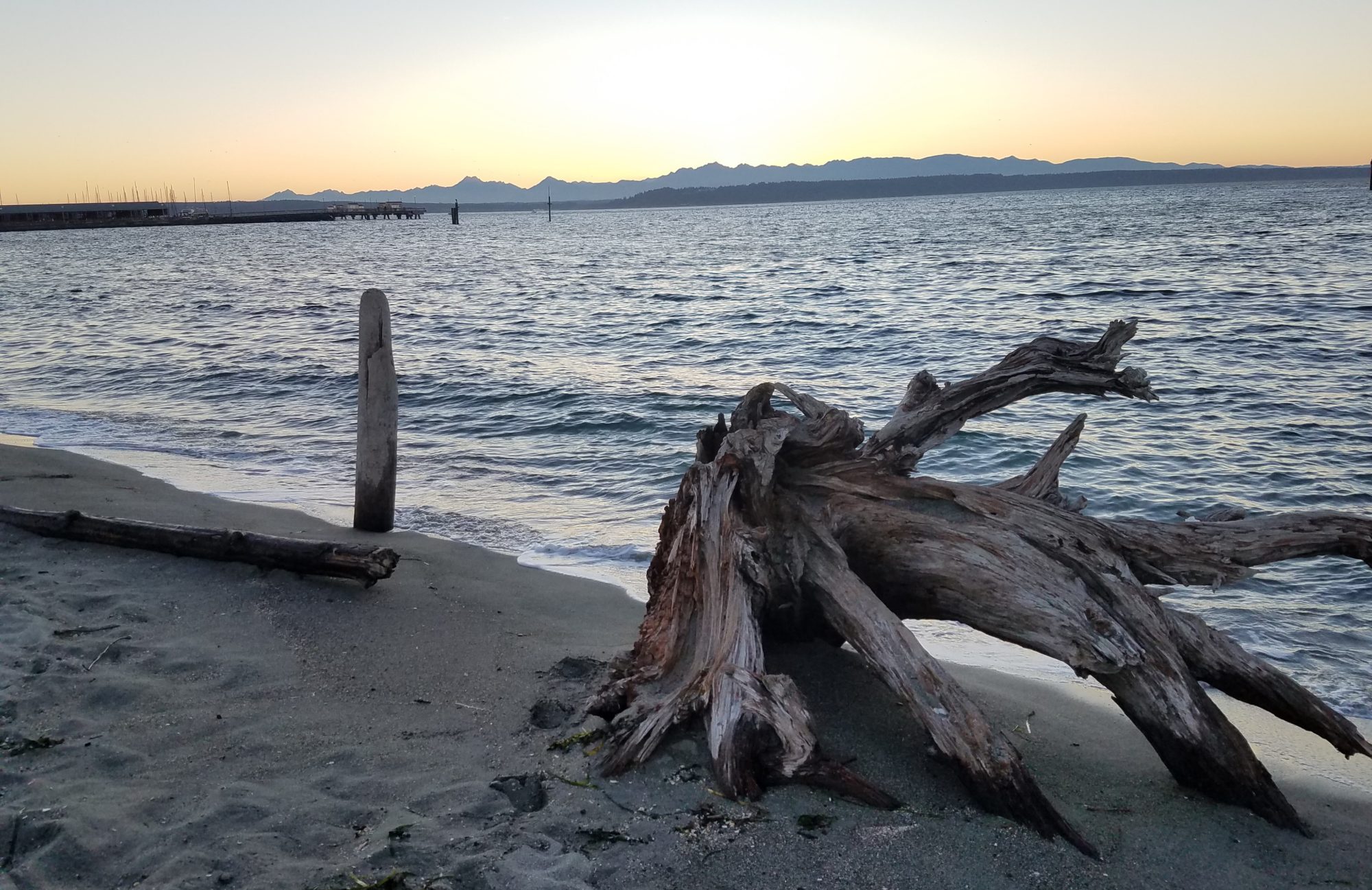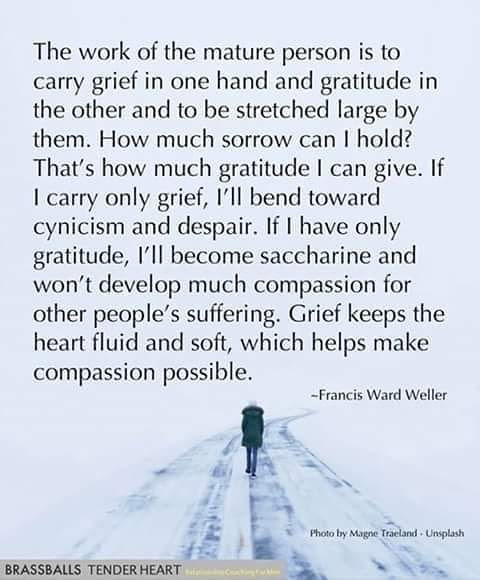WASH YOUR HANDS
From Dori Midnight
We are humans relearning to wash our hands.
Washing our hands is an act of love
Washing our hands is an act of care
Washing our hands is an act that puts the hypervigilant body at ease
Washing our hands helps us return to ourselves by washing away what does not serve.
Wash your hands
like you are washing the only teacup left that your great grandmother carried across the ocean, like you are washing the hair of a beloved who is dying, like you are washing the feet of Grace Lee Boggs, Beyonce, Jesus, your auntie, Audre Lorde, Mary Oliver- you get the picture.
Like this water is poured from a jug your best friend just carried for three miles from the spring they had to climb a mountain to reach.
Like water is a precious resource
made from time and miracle
Wash your hands and cough into your elbow, they say.
Rest more, stay home, drink water, have some soup, they say.
To which I would add: burn some plants your ancestors burned when there was fear in the air,
Boil some aromatic leaves in a pot on your stove until your windows steam up.
Open your windows
Eat a piece of garlic every day. Tie a clove around your neck.
Breathe.
My friends, it is always true, these things.
It has already been time.
It is always true that we should move with care and intention, asking
Do you want to bump elbows instead? with everyone we meet.
It is always true that people are living with one lung, with immune systems that don’t work so well, or perhaps work too hard, fighting against themselves. It is already true that people are hoarding the things that the most vulnerable need.
It is already time that we might want to fly on airplanes less and not go to work when we are sick.
It is already time that we might want to know who in our neighborhood has cancer, who has a new baby, who is old, with children in another state, who has extra water, who has a root cellar, who is a nurse, who has a garden full of elecampane and nettles.
It is already time that temporarily non-disabled people think about people living with chronic illness and disabled folks, that young people think about old people.
It is already time to stop using synthetic fragrances to not smell like bodies, to pretend like we’re all not dying. It is already time to remember that those scents make so many of us sick.
It is already time to not take it personally when someone doesn’t want to hug you.
It is already time to slow down and feel how scared we are.
We are already afraid, we are already living in the time of fires.
When fear arises,
and it will,
let it wash over your whole body instead of staying curled up tight in your shoulders.
If your heart tightens,
contract
and expand.
science says: compassion strengthens the immune system
We already know that, but capitalism gives us amnesia
and tricks us into thinking it’s the thing that protect us
but it’s the way we hold the thing.
The way we do the thing.
Those of us who have forgotten amuletic traditions,
we turn to hoarding hand sanitizer and masks.
we find someone to blame.
we think that will help.
want to blame something?
Blame capitalism. Blame patriarchy. Blame white supremacy.
It is already time to remember to hang garlic on our doors
to dip our handkerchiefs in thyme tea
to rub salt on our feet
to pray the rosary, kiss the mezuzah, cleanse with an egg.
In the middle of the night,
when you wake up with terror in your belly,
it is time to think about stardust and geological time
redwoods and dance parties and mushrooms remediating toxic soil.
it is time
to care for one another
to pray over water
to wash away fear
every time we wash our hands



